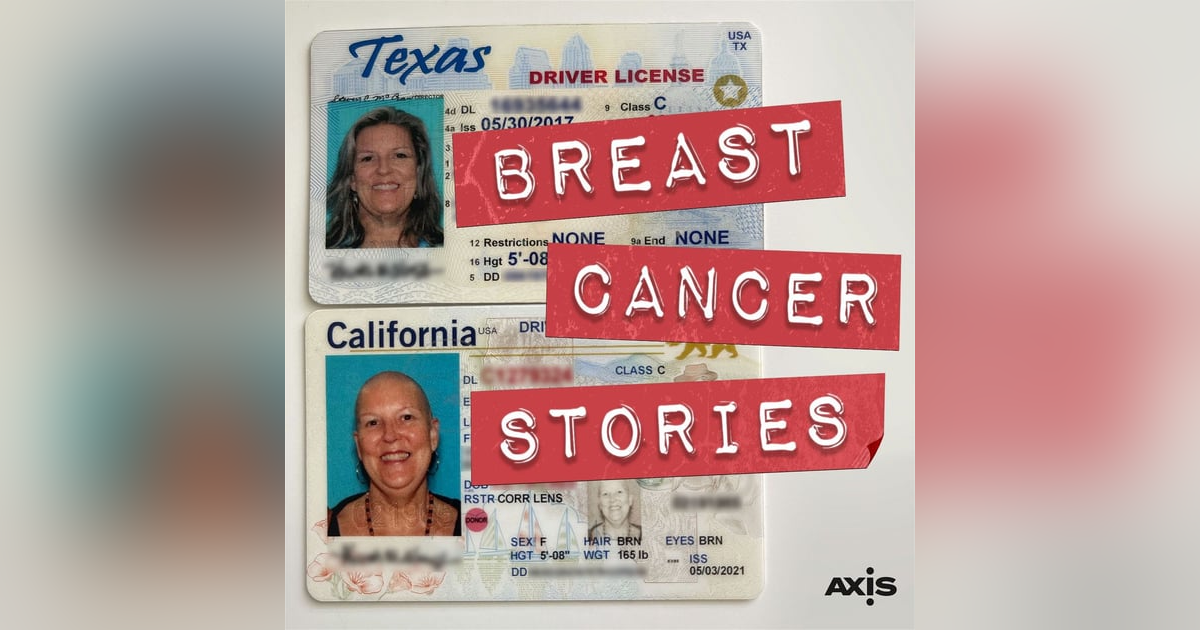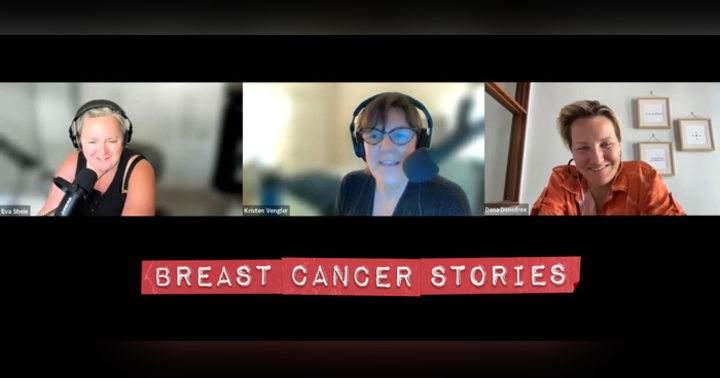Who makes a good surgery buddy?

Surgery is stressful, and the support we need changes throughout the days leading up to it, on the day of, and during post-op recovery. If you’ve agreed to be by a friend's side during any part of this process, it’s important that you actually help rather than adding to the burden (If you have kids and can remember what it was like to have a newborn, it’s kind of like that, just much harder).
Here are the 5 most important things to keep in mind
1. Be reliable. Do not offer to help and then back out at the last minute!
Before you offer to be the surgery buddy, really think through whether or not you can handle it. A surgery buddy needs to be completely selfless and set their own feelings to the side. It would be better to be honest and say, “I can’t be there, but I’m sending a day’s worth of meals” than to offer to help and then back out.
2. Ask lots of questions and write a plan together before the day of surgery.
Preventing or reducing stress means anticipating the details and having a solid plan. The day of surgery should be completely predictable. If you’re prepared, then any unexpected situation can be handled with much more ease.
What should your plan include?
Important contacts:
- Names and numbers for doctor(s) to call if something goes wrong after you return home
- Home address & key information about yourself (DOB, insurance info)
Care details:
- Pill organizer. Medications, timing, alarms set for meds, what should you do if I’m asleep at medication time? Do any of the medications need to be taken with food? What food should that be?
- Be educated on all there is to know about incisions and wound care. This should be included in the post-op instructions from the doctor
- Follow up appointment schedule
Housekeeping information:
- Car keys, house keys, gate codes, etc.
- Do you have pets? What’s the walking & feeding schedule? Where’s the food?
- Receiving deliveries - are people sending things to the house?
- Meal plans (see below for more on food!)
3. Make a list of the people who need to be kept in the loop.
Create a list of friends and family who need to be updated along with their phone numbers or email addresses. Remember that more people care about your friend getting surgery than you. Ask them days in advance for the numbers of family members, close friends, and maybe a work contact. During the procedure and directly after, the job is to make sure all of these people know what’s happening. Some people like all of their Facebook friends to know what’s happening, so if you get permission, post regular updates tagging them.
4. Prep easy meals and snacks that are ready to go.
It’s called comfort food for a reason, and there should be plenty of it on hand. If more than a few people want to send food, simplify by setting up a MealTrain page. Don’t forget to include Instacart, Shipt, Amazon Fresh. Put a cooler outside your front door so nobody has to ring the bell. And for the love of God, don’t ask someone who’s just come home from the hospital, “what’s for dinner?”
5. Be fully present. Don’t make plans to leave or have expectations of going out.
This is extra relevant if you’re visiting from out of town and want to explore. I live in San Diego near the beach and while it’s tempting to stick your toes in the ocean, that’s an adventure for another day. You might not need to hover, but don’t expect to go far from home for a while.
If you want to help, but aren’t cut out for being the caregiver…
That’s OK! We understand! Here are some other ways you might help:
- Send food (check in for a Meal Train or food list); or be aware if food isn’t something your friend wants
- Take the pet(s) for a few days
- Take the kids for an adventure away from the house
- Send a handwritten note
- Be the driver (Do you have a comfy car that’s easy to get in and out of?)
- Send flowers or plants
- Mow the lawn
Personally, the hardest part was actually asking for help. The reality here is that surgery is frightening, and the idea is to make it as easy as possible on the person having surgery, their surgery buddy, and everyone around them.
This blog was inspired by a conversation in the Breast Cancer Stories episode titled Day 422: The Weight is Off My Chest.
🙏 Subscribe to our newsletter for more words from us





